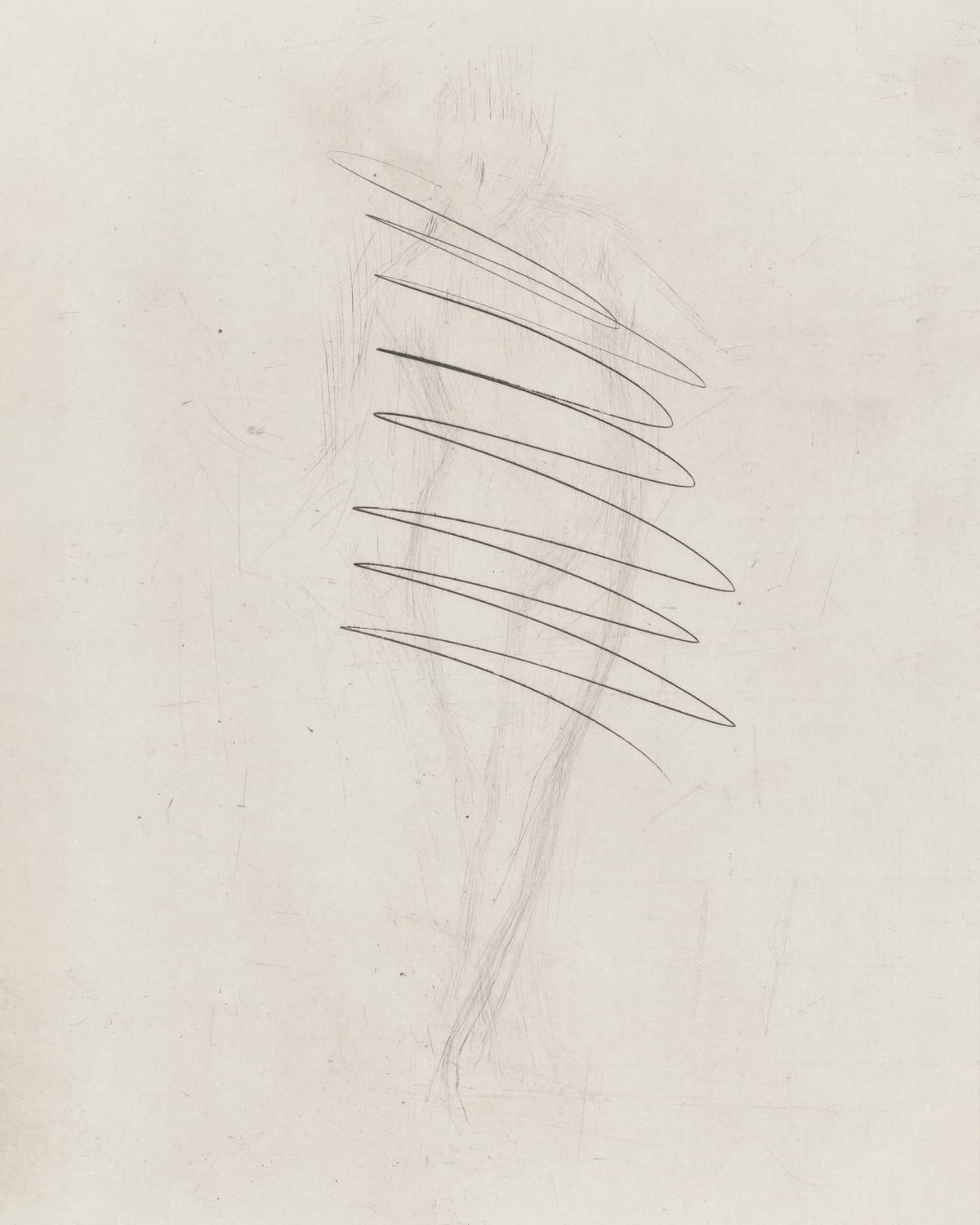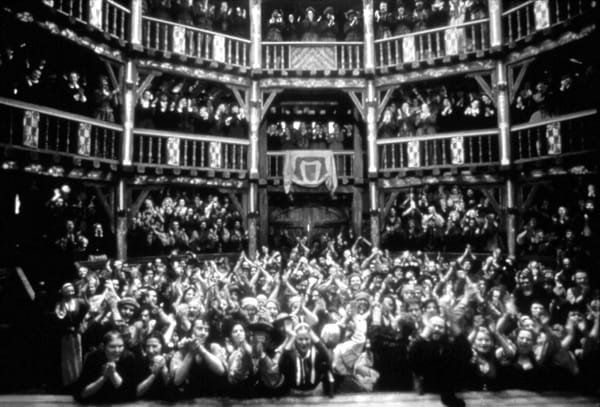What Happened to the ‘Most Equal Olympics in History’?
Statistically, Paris 2024 may be the most gender-equal games ever—but the first few days have proven that there’s a long way to go before true equality is achieved.

Pierre de Coubertin, the father of the modern Olympic movement, was a fierce champion of competition as a way of building character—so long as women stayed well out of the game. In an article published in 1912, he argued against women’s participation in the Olympic Games, asserting that it would be “impractical, uninteresting, unaesthetic and improper”. The “applause of women,” he concluded, should be reserved as a “reward” for male athletes.
But a few women defied him. In the 1912 Olympic Games, 48 female athletes (2% of the total number taking part) competed in five events: tennis, golf, skating, archery and aquatics. At the following event, held eight years later because of World War I, 63 women took part, accounting for 2.4% of total athletes at the games. By 1924, two years after the French athlete and campaigner Alice Milliat hosted her first “female Olympic Games” in protest at the main Olympics’ exclusionary policies, 135 women (4.4% of the total) took part—and this time they were allowed to compete in fencing, too. De Coubertin died in 1937, still insisting that he was “strongly against” women’s participation in the Olympics.
Which makes it particularly satisfying that the female athletes bobbing down the Seine during the Paris 2024 opening ceremony were making history: for the first time in an Olympic Games, close to the same number of male and female athletes will take part. The International Olympic Committee (IOC) has made a Big Deal out of this, pointing out that of 32 sports, 28 are now “fully gender-equal”, and that for the first time there will be nursery and breastfeeding facilities to make it easier for athletes to bring their families. These are, clearly, important steps forward. But just a few days into the Paris games, it’s already clear that true gender equality is still a long way off.





